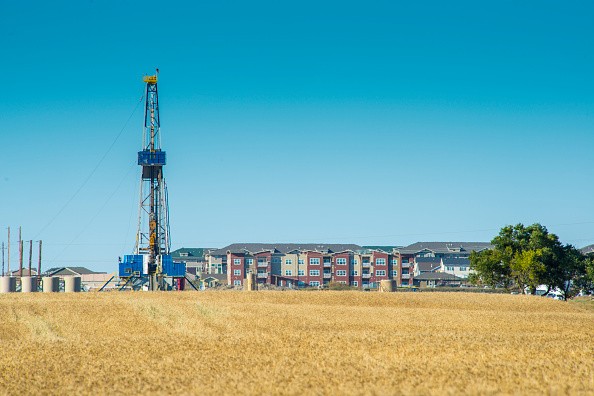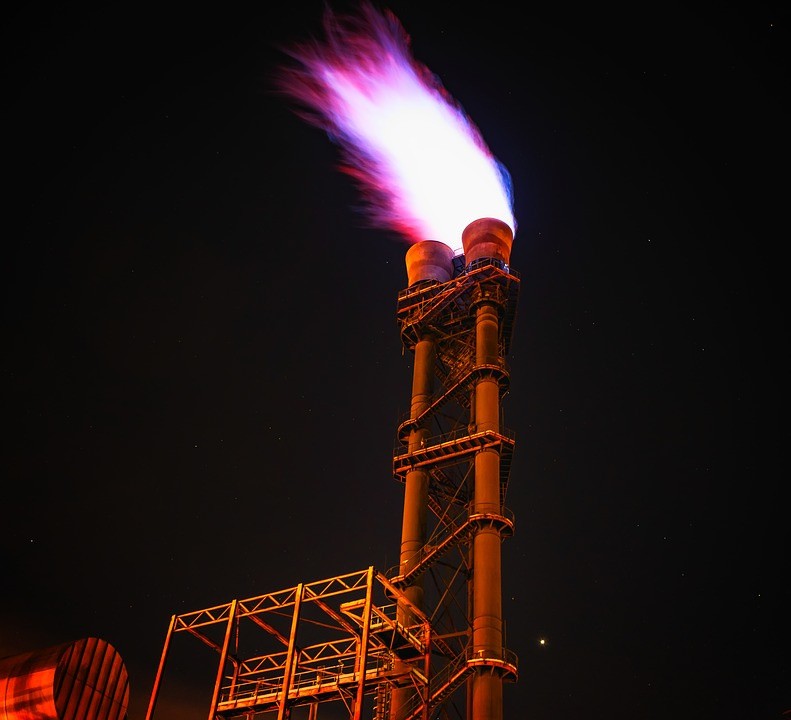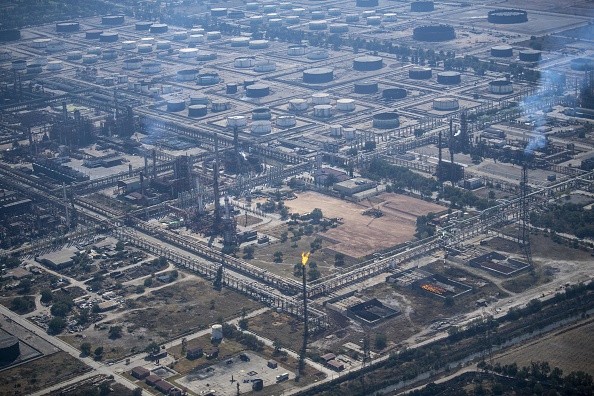

The Israeli Ministry of Environmental Protection has stated that it would postpone executing a proposed oil transportation agreement with the United Arab Emirates, putting a stop to a project that has enraged environmentalists.
Following the establishment of diplomatic links between the UAE and Israel last year, Gulf oil would be transported by tanker to the Red Sea port of Eilat, then transported by pipeline across continental Israel to the Mediterranean port of Ashkelon, from whence it would be exported to Europe.
Oil Contract

The oil contract between Israel's state-owned Europe-Asia Pipeline Company (EAPC) and MED-RED Land Bridge Ltd, a joint venture between Israel and the United Arab Emirates, has yet to begin.
However, environmentalists have raised concerns about possible damage to northern Red Sea corals off the coast of Eilat.
Millions of Petroleum Transported

With tens of millions of tonnes of petroleum projected to pass through Israel each year, Israeli environmental groups opposed the proposal in court, fearing the possibility of a catastrophic leak or spill.
Last Monday, EAPC filed its response in court, accompanied by a risk assessment claiming that the danger from increased crude flow was negligible.
However, Israel's environmental protection ministry stated on Sunday that the risk assessment "did not satisfy the requirements" set by the government and so was invalid.
In a letter to EAPC, the ministry said it would "wait for the examination of your plans to enhance business in the Eilat port until the government has a discussion and a decision" on the proposal.
Related Article : Can California Successfully Ban Fracking and Oil Extraction by 2024?
Newly Sworn-In Environmental Protection Minister
Tamar Zandberg, the freshly sworn-in Environmental Protection Minister from the left-wing Meretz party, who has been a vocal opponent of the EAPC-Emirati agreement, took the decision to halt the deal's execution.
A spokesperson for Prime Minister Naftali Bennett's administration, sworn in last month with an ideologically diverse coalition, said his office has "asked the court for an extension of time to reply to the lawsuit brought by the environmental organizations." EAPC's spokesperson declined to respond.
Activists claim the purchase got past strict regulatory inspection since EAPC is a state-owned company working in the highly regulated energy industry.
Oil Transportation

The transfer of locally produced crude oil from oil fields to refineries has sparked heated policy discussion over the previous decade, focusing mainly on a limited number of train and pipeline spills and catastrophes.
As a result, less attention has been devoted to how crude oil transportation contributes to expensive air pollution and greenhouse gas emissions. On the other hand, railroad locomotives utilize diesel fuel, whereas pipelines use electricity to transport crude oil, much of which is produced at coal-fired power plants.
When all sorts of risks are considered (technical, operational, natural hazards (e.g., geo-hazards) and third-party intrusion), underground pipelines built to international standards are the safest and most dependable technology for oil delivery.
For more news update about Environmental Action, don't forget to follow Nature World News!
© 2026 NatureWorldNews.com All rights reserved. Do not reproduce without permission.





